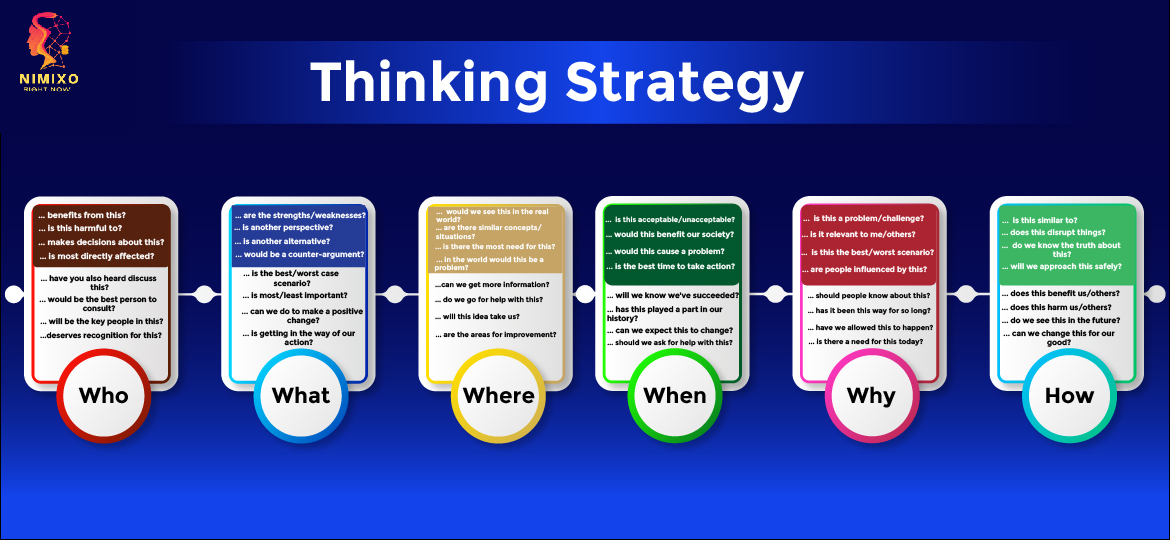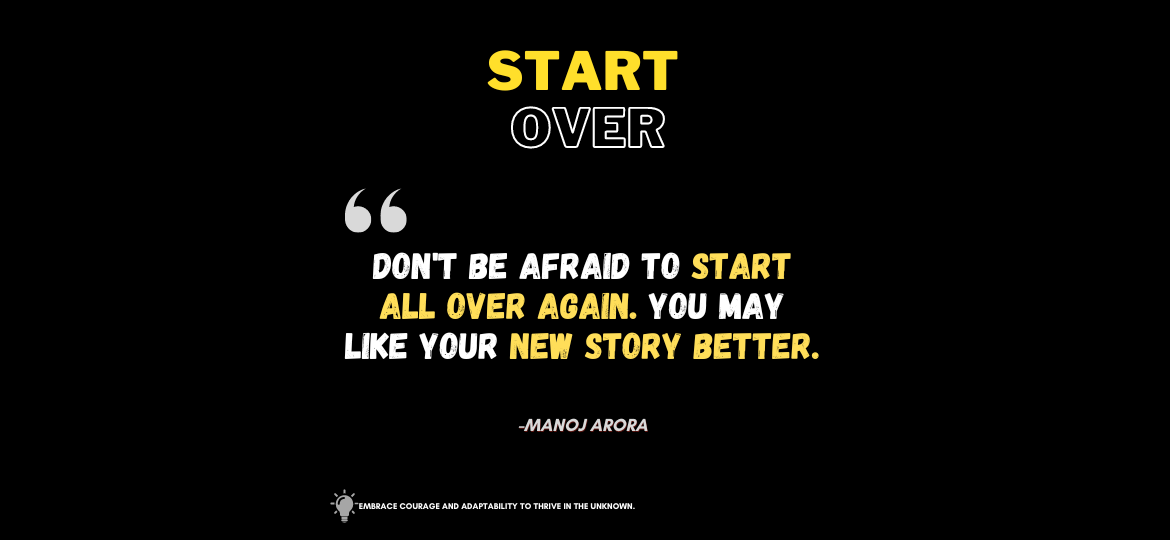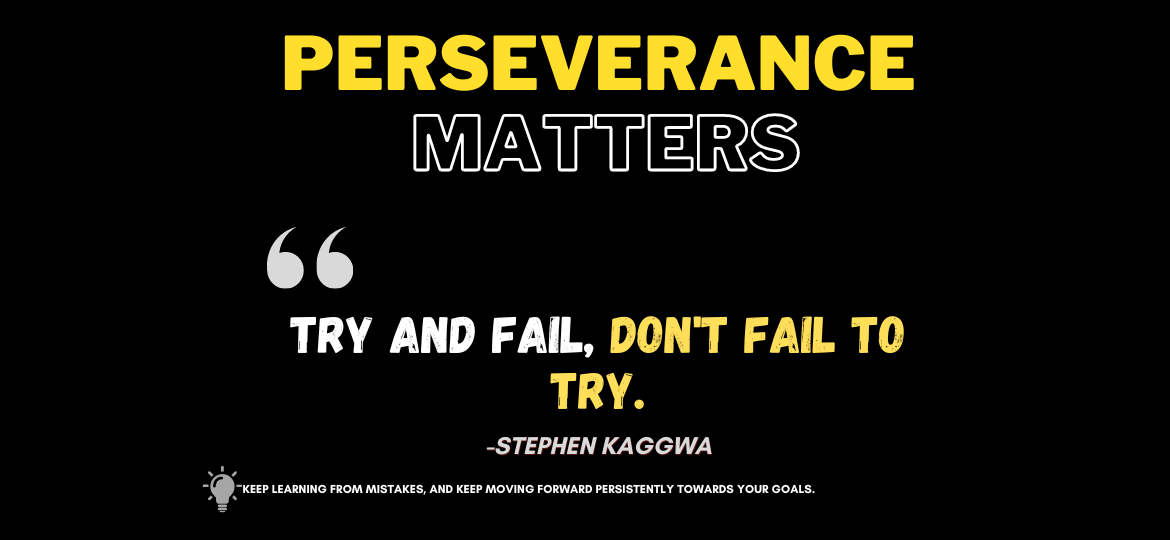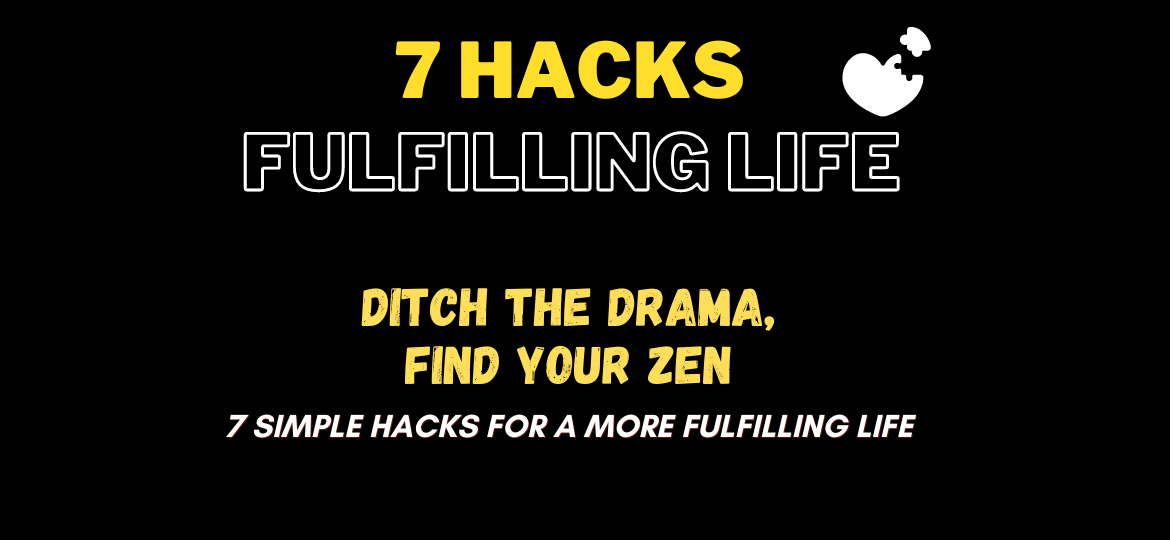Unleashing the Power of Thought: A Path to Success for All
In the expansive scope of human existence, where innumerable aspirations soar, strategic thinking can serve as the guiding beacon leading us to the shores of achievement. Our cognitive approach, molded by six crucial principles, possesses the capacity to become a formidable power that not only revolutionizes our personal lives but also leaves a lasting impact on the global landscape. Let’s embark on an exploration of the art of strategic thinking and its potential to bring benefits to individuals from all walks of life.
Who is Benefiting or Getting Impacted?
As we navigate through life, it is crucial to contemplate who is reaping the benefits or shouldering the consequences of our actions. Every decision we make, every approach we take, sends out ripples. Consider the tale of Alex, a small business owner who opted for environmentally-friendly packaging for her products. Initially appearing as a personal choice, it soon proved advantageous not only for her but also for her customers who valued her dedication to sustainability. Her actions spurred others to do the same, resulting in a positive influence on the environment. When we reflect on who gains or is affected, we not only enrich our own lives but also contribute to the collective well-being.
What Are Strengths and Weaknesses?
Our strategic approach must be firmly rooted in a profound comprehension of our strengths and weaknesses, much like the tale of David, a budding athlete with dreams of becoming a professional basketball player. David astutely recognized his agility and speed as assets, dedicating relentless effort to improve his weak points, such as shooting accuracy and defensive skills. David’s triumph serves as a powerful testament to his capacity to acknowledge his limitations and convert them into strengths. Identifying and actively addressing our strengths and weaknesses constitutes the fundamental pillar of any successful strategy.
Where Can We Get More Information?
In this era of information, possessing knowledge equates to wielding authority. Susan, an aspiring writer, came to the realization that her ardor for narrative creation was constrained by her limited exposure to various cultures and life experiences. Consequently, she made the deliberate choice to embark on journeys and fully engage with diverse societies, collecting stories from individuals worldwide. As Susan delved into these enriching experiences, her writing thrived. The quest for information is akin to providing the essential fuel for our cognitive processes, empowering us to make enlightened choices and expand our perspectives.
When We Know the Results Are There
Effective strategic thinking hinges on a sharp awareness of timing. Take the example of Mark, an entrepreneur who launched his tech company in the midst of an economic downturn. Despite receiving warnings to the contrary, Mark saw the potential for creative solutions in challenging economic conditions. He persisted, and when the economy rebounded, his company thrived, elevating him to a position of prominence in the business world. Timing frequently holds the key to accessing opportunities.
Why Should Anyone Know About It?
Our strategies and thought processes, while personal, often have wider implications. Think about Sarah, a teacher who realized that incorporating creativity into her lessons improved her students’ engagement and understanding. As her methods gained recognition, Sarah began sharing her insights with other educators. The ripple effect of her knowledge improved not only her students’ lives but also the quality of education in her community. When we acknowledge why others should know about our strategies, we contribute to the collective growth of society.
How Does It Benefit Anyone?
The fundamental essence of strategic thinking centers around its capacity to bring advantages not only to ourselves but also to those in our vicinity. Consider the case of John, a corporate executive who chose to introduce a flexible work policy. This decision not only elevated employee spirits and output but also enabled parents to have increased quality time with their families. John’s strategic approach had a far-reaching influence on the well-being of numerous individuals. When we contemplate the ways in which our thought processes benefit others, we emerge as initiators of constructive transformation.
In essence, the utilization of strategic thinking, guided by these six fundamental principles, proves to be a dynamic and broadly applicable force capable of establishing connections with people of varied backgrounds. The universal impact of strategic thinking is apparent, no matter your background. We should come together to exchange our experiences, learn from each other, and collectively strive to enhance the world through thoughtful strategies, one step at a time.





